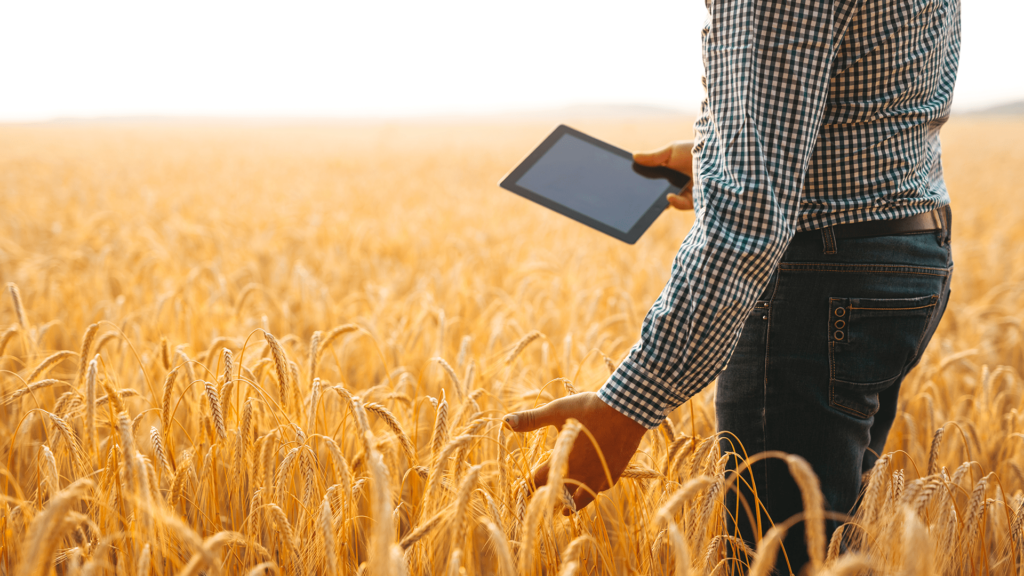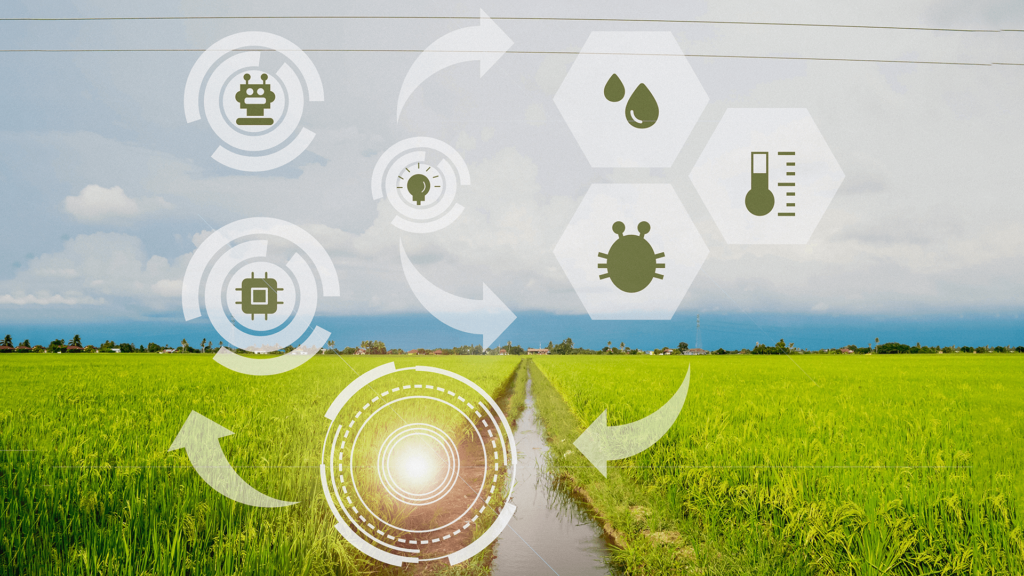
Digital Agriculture refers to the use of digital technology in agriculture. In today's world where digital technology has become widespread in every aspect of life, technological products for agricultural production have also been developed to serve many different purposes. One of the most important areas of use of digital technology in agriculture is to prevent the unnecessary use of the basic agricultural inputs such as chemicals, fertilizers, water, and energy.
Digital agriculture involves tools that collect, store, analyze and transmit data digitally. The data is collected using sensors, new-generation technologies such as satellites and drones. The collected data is interpreted through various algorithms and transmitted to farmers through mobile applications. Farmers use this information to increase their yields and reduce input costs.
However, this information may not be enough in such a complex field as agriculture. Traditional knowledge must also be considered and field observations must be continuously monitored. Additionally, changing climate conditions must also be taken into account. Agriculture can succeed with digital agriculture practices in the field. That's why digital agriculture is a semi-automated process.
Many sectors are interested in digital agriculture. Many companies in the banking, logistics, chemical, etc. sectors produce products and services with digital agriculture applications. The purpose of these applications is to benefit farmers and promote their products and brands. However, these applications do not reach the desired levels of user populations because they are far from the field and not simplified for users to understand.

What Are The Benefits Of a Digital Agriculture Solution?
- Opportunities for farmers to take advantage of digital technology in their traditional production activities,
- Guidance and awareness-raising activities through support from experts in the field, resulting in increased awareness among farmers,
- Contribution to making Turkish agriculture more efficient, high-quality, competitive, and sustainable through the use of advanced technologies,
- Farmers can receive early warnings for many natural risks in agricultural production by using agricultural meteorology and data stations in their production areas, and they can plan pesticide and irrigation operations based on suggestions generated by data collected directly from production areas.
Farmers can receive these warnings and suggestions without going to the production area, and they can manage input procurement processes more effectively with the Farmolog mobile application.
The future of the agriculture sector, which is at the lowest level of digitalization, will be determined by innovative, long-lasting, sustainable digital agriculture applications and platforms that blend technology with the needs of the age.
As Farmolog, we will continue to bring together traditional agriculture and technology to serve our farmers.

